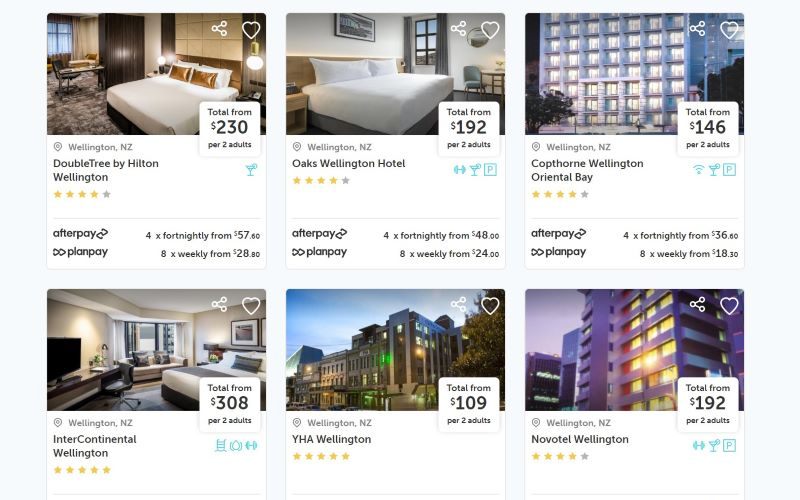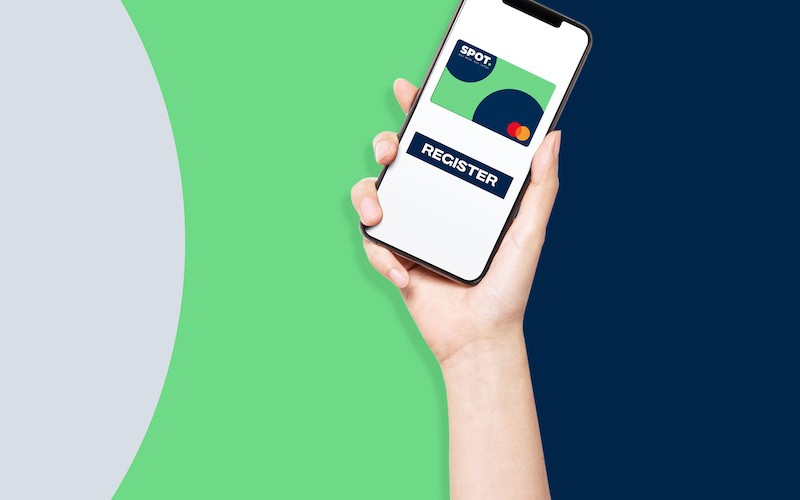Zip Co's share price has fallen about 85% from its highs in early 2021, while OpenPay's is down about 92% since its peak in 2020 as the former reportedly mulls over a merger with Sezzle, which is also down about 87% from its peak.
Three BNPL platforms are no longer ASX listed - Afterpay withdrew in February after it was acquired by Block; Humm was acquired by Latitude; and Zebit delisted and returned to the United States.
Former Citi and Diners Club executive Grant Halverson said the BNPL fintech world is "unregulated and unprofitable".
"[They are] operating in a small payment niche with massive credit losses and [are] very susceptible to interest rate increases," Mr Halverson said.
"Remember how [people said] BNPL would take over all payments not just in Australia, but globally? That’s not going to happen."
RBA data from 2021 suggests buy now pay later accounts for approximately 1.7% of the value of all payments in Australia.
In the United States last week, platform Affirm withdrew a securitisation deal as investors were reportedly hesitant to pile money into a brand with limited avenues for profitability.
"Markets are signalling they don’t like BNPL risk – very high bad debts with increasing interest rates and inflation are all no go zones for investors," Mr Halverson said.
"This is a major red flag and has 2008 images all over it."
Many BNPL platforms rely on securitisation to fund their operations - in Australia two weeks ago Humm launched a $250 million securitisation deal.
This comes as the Australian Finance Industry Association (AFIA) welcomed the BNPL Code Compliance Report on the industry's first 12 months of self-regulation.
The Code found just five complaints were lodged with the Committee over that timeframe.
Big industry players have signed up to the Code, including Afterpay, Brighte, Humm, Klarna, LatitudePay, OpenPay, Payright, and Zip.
Part of the self regulation includes 'scalable' credit checks.
The BNPL industry has also moved away from adopting new market entrant Beforepay into their herd, saying it is a payday lender despite calling itself an instalments platform.
BNPL platforms for paying rent and bond, such as Flexibond, were also in the firing line.
"Importantly, 'payday lending' activities are not BNPL, and given reports of some recent marketing practices, we have specifically excluded such activities from the Code, so there is no confusion for customers," AFIA CEO Diane Tate said.
"The Code benefits consumers and merchants and should be viewed as a commitment by the BNPL sector to deliver high standards for customers.
"These protections will become even more important as Australians increasingly choose to adopt innovative products, like BNPL, to manage their money and cashflow."
Consumers turning to BNPL to fund everyday living costs
A recent survey from RFI Global consisting of 14,000 respondents across 11 countries found consumers are increasingly likely to use BNPL instalment payments to cover household bills.
Thirty eight per cent of Australian respondents would use BNPL for household bills, 37% would use it for groceries, and 27% for petrol.
Petrol surpassed $2 per litre in Australia while inflation hit 3.5% - it hit 7.0% in the US.
RFI's global head of consumer credit Kate Wilson said younger consumers are shifting away from traditional loan products.
"BNPL’s simple credit model provides a convenient way for them to spread the cost of some purchases over several weeks or months in equal payments, assisting with budgeting without resorting to a loan, going overdrawn or putting the expense on credit cards," Ms Wilson said.
"They can buy what they want, when they want, and take full advantage of promotions or sale items."
However, Consumer Action Law Centre policy officer Tom Abourizk expressed concern about consumers using BNPL to fund everyday items.
"These expenses will keep recurring – deferring their payment will just increase the pressure when these expenses come around again. The vast majority of BNPL products also impose fees just for their use, adding to their cost in the long run," Mr Abourizk told Savings.com.au.
"People having trouble paying for essentials should contact their essential services providers to ask for hardship assistance, or contact the National Debt Helpline to discuss your options with an independent financial counsellor, for free. You shouldn’t have to turn to credit to make ends meet."
A spokesperson for Zip previously confirmed the company makes just 1% of its revenue from late fees.
Last week, an international lobby group across nine countries launched a campaign pushing for BNPL providers to be regulated as credit providers.
Participating groups in Australia include Financial Counselling Australia and consumer group CHOICE.
Advocates span across countries such as the US, Sweden, Denmark, New Zealand, and the United Kingdom.
In February 2021, the UK's Financial Conduct Authority launched the Woolard Review, which recommends that BNPL platforms are regulated "as a matter of urgency".
In Australia BNPL is not subject to the credit act of 2009 because the repayment terms are less than 62 days.
Advertisement
Need somewhere to store cash and earn interest? The table below features savings accounts with some of the highest interest rates on the market.
| Bank | Savings Account | Base Interest Rate | Max Interest Rate | Total Interest Earned | Introductory Term | Minimum Amount | Maximum Amount | Linked Account Required | Minimum Monthly Deposit | Minimum Opening Deposit | Account Keeping Fee | ATM Access | Joint Application | Tags | Features | Link | Compare | Promoted Product | Disclosure |
|---|---|---|---|---|---|---|---|---|---|---|---|---|---|---|---|---|---|---|---|
3.70% p.a. | 5.15% p.a. Intro rate for 4 months then 3.70% p.a. | $844 | 4 months | $0 | $249,999 | $0 | $1 | $0 |
| Promoted | Disclosure | ||||||||
4.50% p.a. | 4.85% p.a. Intro rate for 4 months then 4.50% p.a. | $933 | 4 months | $0 | $99,999,999 | $0 | $0 | $0 |
| Promoted | Disclosure | ||||||||
4.20% p.a. | 4.95% p.a. Intro rate for 4 months then 4.20% p.a. | $899 | 4 months | $250,000 | $99,999,999 | $0 | $0 | – |
| Disclosure | |||||||||
3.05% p.a. | 4.85% p.a. Intro rate for 4 months then 3.05% p.a. | $736 | 4 months | $0 | $99,999,999 | $0 | $0 | – |
| ||||||||||
0.00% p.a. Bonus rate of 4.85% Rate varies on savings amount. | 4.85% p.a. | $992 | – | $0 | $99,999 | $0 | $0 | $0 |
| Promoted | Disclosure |
Image by noupload on Pixabay

Ready, Set, Buy!
Learn everything you need to know about buying property – from choosing the right property and home loan, to the purchasing process, tips to save money and more!
With bonus Q&A sheet and Crossword!




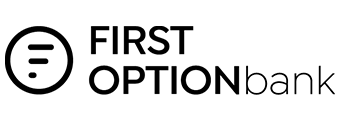

.jpg)

 Harry O'Sullivan
Harry O'Sullivan
 Brooke Cooper
Brooke Cooper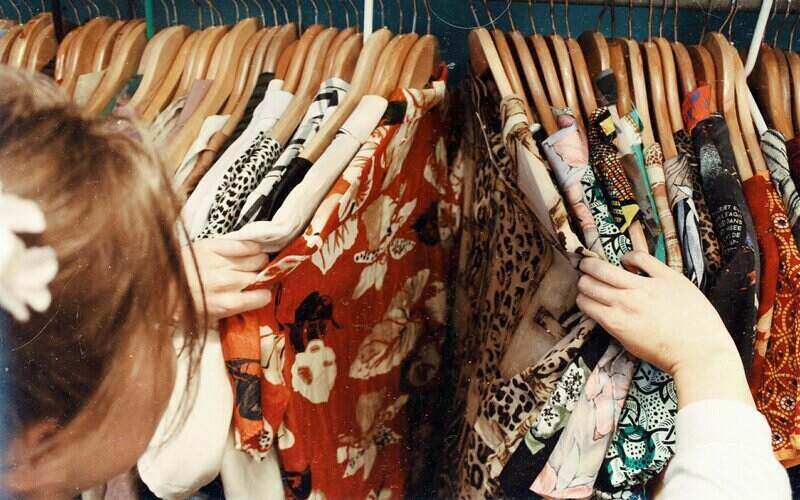
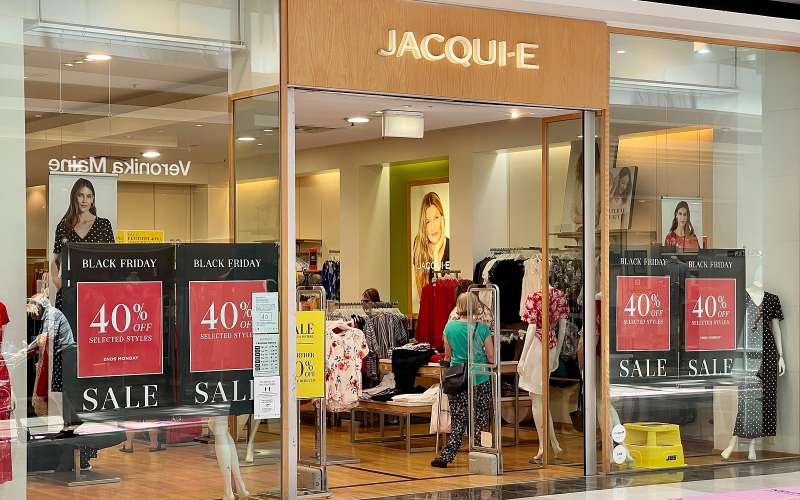
 Emma Duffy
Emma Duffy
